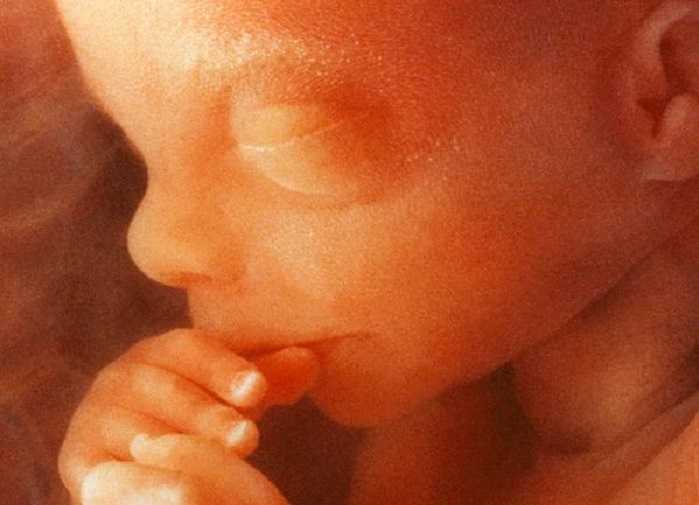A new Ohio bill would protect unborn babies in the state by banning all abortions.
WCBE News reports the bill would recognize unborn babies as valuable humans beings from the moment of conception and provide them with the same protections afforded to born human beings under the law.
Sponsored by state Reps. Ron Hood and Candice Keller, House Bill 413 would allow doctors to be charged with murder for aborting an unborn baby.
The Stamford Advocate reports the bill allows exceptions for when the mother’s life is at risk. In those cases, doctors would not be prosecuted even if the treatment “unintentionally result in the termination of a pregnancy.”
“The time for regulating evil and compromise is over,” Keller said in a statement. “The time has come to abolish abortion in its entirety and recognize that each individual has the inviolable and inalienable right to life. Only respect for life can be the foundation of a free society that promotes peace, justice and integrity.”
Hood said they want to end abortion, not limit it.
“[Legislators] have decided which classes of people have a right to life by creating exceptions to abortion, which is tantamount to creating exceptions for pre-meditated murder,” he said in a statement.
The pro-life Republican lawmakers announced the bill Thursday. It has 21 co-sponsors in the Ohio House, though it is not clear if there would be enough votes in the state legislature to become law, according to City Beat.
REACH PRO-LIFE PEOPLE WORLDWIDE! Advertise with LifeNews to reach hundreds of thousands of pro-life readers every week. Contact us today.
Even if the bill passes, abortion activists certainly would challenge it. In 1973, the U.S. Supreme Court prohibited states from banning abortions prior to viability under Roe v. Wade.
Some pro-lifers have renewed hope that the new conservative-majority Supreme Court will uphold an abortion ban and overturn Roe v. Wade. Others, however, are not so sure. The high court recently refused to hear several abortion cases, including an Indiana law that would have banned discriminatory abortions based on an unborn baby’s sex, race or disability. Because of the court’s decision, the laws remain blocked.
Additionally, when abortion activists succeed in their legal challenges, state taxpayers often are forced to reimburse pro-abortion groups for their legal fees.
Ohio’s heartbeat law, which bans abortions after an unborn baby’s heartbeat is detectable, about six weeks, already has been blocked by a legal challenge.








